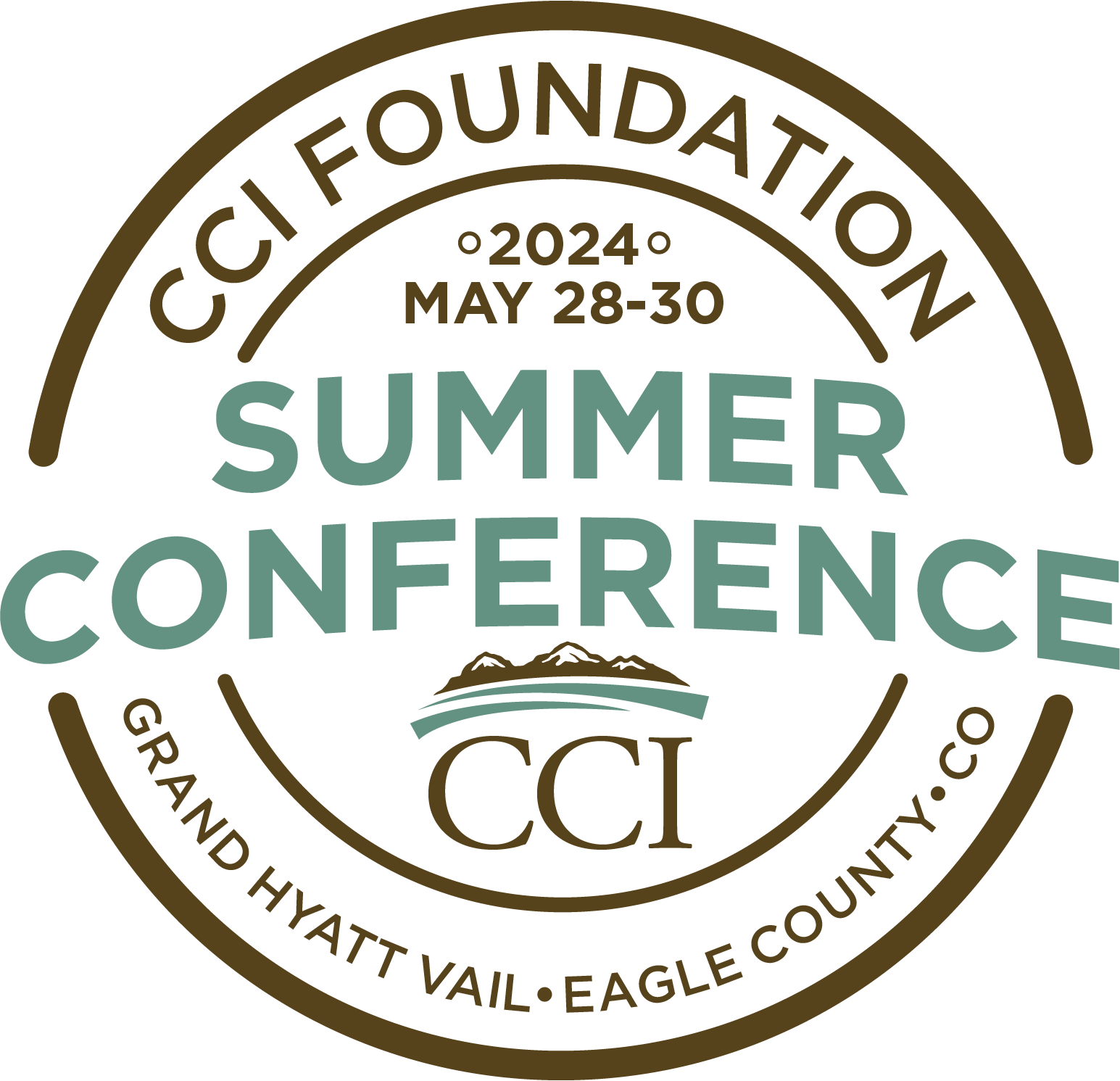The Managed Service Organizations (MSOs) posted on Friday, April 12th the Round 5 Request for Applications (RFA) for HB19-1287 grant funding. Each Substate Planning Area (SSPA) will require two individuals at the County level, who are appointed by their County Commissioner, to serve as a committee member in the region associated with their County affiliation. BHA is requesting your assistance with naming and appointing two individuals for each SSPA listed below. Please provide your responses to Vanesa Bullock, MSO Contract Administrator for BHA, at the email provided below at your earliest convenience. Additionally, please note that for SSPA 4, Meagan Hillman, Director of Public Health and Environment for Prowers and Kiowa Counties has offered to serve on the committee, therefore, SSPA 4 is only in need of one additional individual.
Background for this funding:
Overdose deaths in Colorado have nearly tripled since 1999, led by a fivefold increase in opioid related deaths, surpassing other causes such as traffic accidents and guns (Colorado Health Institute, Feb. 2018). Access to treatment, particularly medication assisted treatment (MAT), saves lives; yet barriers to access remain. According to the 2017 Colorado Health Access Survey, more than 67,000 Coloradans needed treatment for drug or alcohol use but did not receive it.
Colorado has expanded the substance use disorder treatment benefit under the State Medicaid plan, but gaps in services still exist, particularly in rural and frontier communities. Even though a service is covered, it does not mean there is adequate capacity, nor does it mean that all communities have the services that are needed.
In May 2019, Governor Jared Polis signed House Bill 19-1287 which created a grant program that appropriated funds to the Behavioral Health Administration (BHA) to increase substance use disorder capacity and services in rural and frontier communities through the MSO. Each MSO area that consists of at least fifty percent rural or frontier counties shall receive an equal proportion of the annual grant program funds to disburse through local grants. The grants may be used to support building a continuum of services, including, but not limited to, medical or clinical detoxification, residential treatment, intensive outpatient treatment, and capital investment.
The MSO in regions 1, 3, 4, 5 and 6 seek to contract with local governments, municipalities, counties, schools, law enforcement agencies, and primary care or substance use disorder treatment providers within or outside of the managed service organization’s network of providers to receive grant funds to increase substance use disorder treatment services and capacity.
To view the regions, please click here.
The time commitment will be ~10 hours and all work will take place virtually. Grant applications are due May 17, 2024 and the required commitment of your time would occur between that date and July 1st. If you are interested in serving, please contact Vanessa Bullock, BHA.







